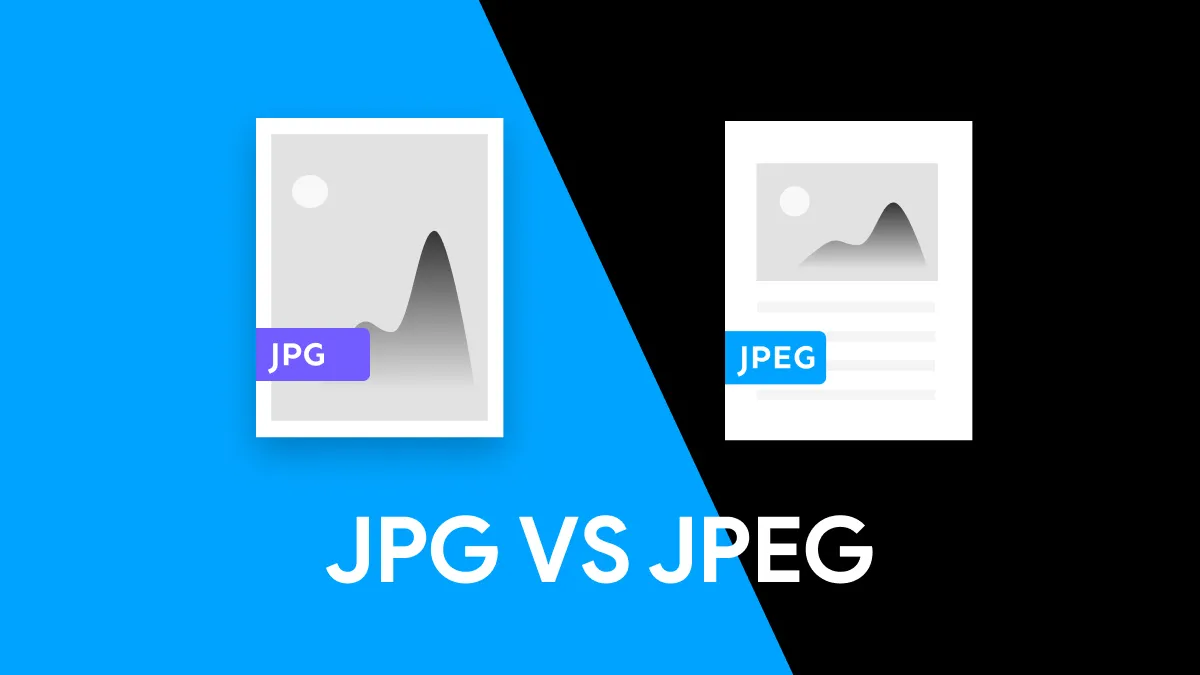While the terms JPEG and JPG are essentially synonymous, there are a few additional nuances worth exploring.
Historical Context:
The ".jpg" extension gained popularity due to its shorter length, which was advantageous in older file systems with limited character restrictions. However, as technology advanced, the ".jpeg" extension became more common, reflecting the full name of the format.
Compatibility and Usage:
- Modern Systems: Both extensions are universally recognized and supported by modern operating systems, web browsers, and image editing software.
- Older Systems: In rare cases, very old systems or software might have limitations or preferences regarding one extension over the other. However, this is increasingly uncommon.
Choosing an Extension:
While there's no functional difference between JPEG and JPG, you might choose one extension based on personal preference, consistency within your file system, or specific guidelines from a platform or organization.
Key Points to Remember:
- Interchangeability: JPEG and JPG are equivalent.
- Modern Compatibility: Both extensions are widely supported.
- Personal Preference: Choose based on your preferences or guidelines.
In conclusion, while the debate between JPEG and JPG might have been relevant in the past, it's essentially a non-issue today. Both extensions refer to the same image format, and your choice primarily depends on personal preference or specific requirements.
